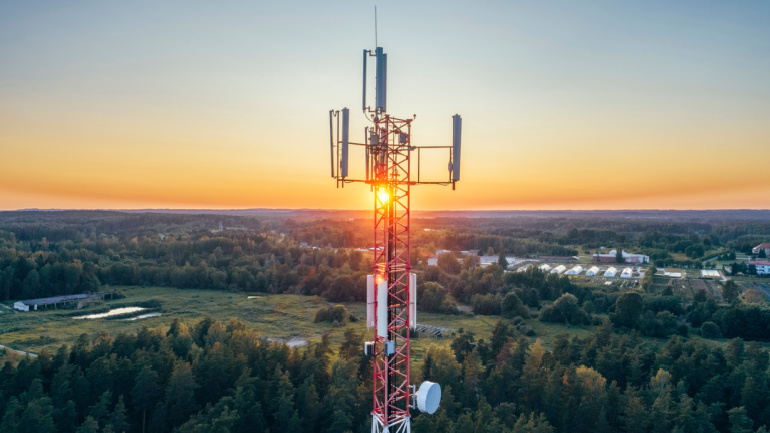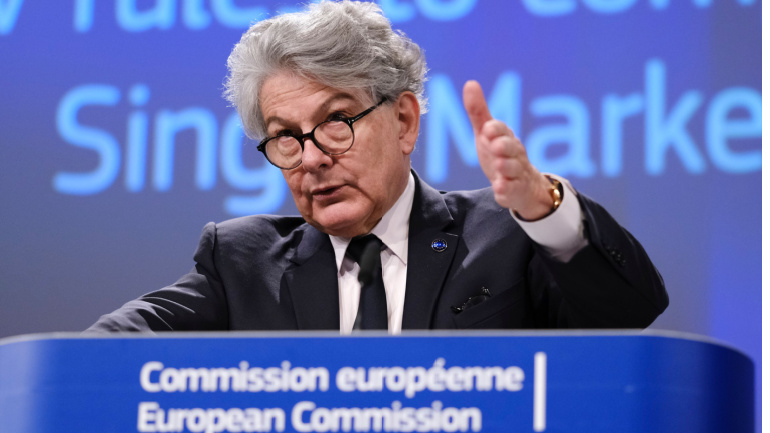VoIP readiness assessment is vital for cost-effective business communication. Define objectives, assess costs, scalability, integration, infrastructure, equipment, security, and training. Pilot testing and vendor selection are key. Develop a migration plan for a smooth transition, resulting in enhanced communication, productivity, and cost savings.
Phoenix Tower International’s acquisition of NOVEC’s German unit offers a lucrative entry point into a high-potential European market, despite a downturn in mergers and acquisitions within the tower sector. This pivotal move solidifies Phoenix Tower’s expansion strategy, leveraging Germany’s stature as Europe’s largest economy and a global wireless build-out hub. Intriguingly, Phoenix’s bold move contrasts with rivals like Cellnex, who have curbed spending due to financial pressures. This daring feat underscores the fluidity and continuous evolution in the telecommunications infrastructure sector.
First Orion introduces SENTRY™, combatting fraudulent calls and preserving brand integrity. CO-OP KINKI enhances customer security with Vonage’s 2FA technology for online shopping. Cloud communications market soars, set to reach $180.7 billion by 2027. T-Mobile shifts users to pricier plans, raising concerns over rate plan commitments.
BT, a dominant force in the UK’s telecommunications landscape, is setting the stage for a drone revolution with the unveiling of the country’s first-ever Drone SIM. Designed to act as the linchpin for beyond visual line of sight (BVLoS) drone operations, this groundbreaking technology combines EE network connectivity with resistance to hazardous conditions, opening up innovative possibilities across several sectors. From enabling swift healthcare supplies delivery and comprehensive infrastructure monitoring to enhancing goods transportation, BT’s Drone SIM offers promising applications. The unlimited data plans and high-priority connectivity contribute to a safer drone usage while facilitating ultra-high definition video streaming from towering heights.
5G and AI are more than just buzzwords; they’re shaping up to become the backbone of technological breakthroughs. Their ultra-fast capabilities are key for advancements including IoT and intelligent automation. However, with high speed comes high stakes, particularly in the domain of cybersecurity. Yet, despite potential risks, the limitless possibilities offered by 5G and AI, whether it’s efficiency gains or real-time interactivity, are compelling. This combination is set to revolutionize industries, driving anticipation for what lies beyond the tip of this transformative iceberg.
Anticipation builds as the international telecommunication industry readies for the 2023 Global Telecoms Awards, offering a glimpse of the brightest advancements in the sector. This year’s fierce competition promises a thrilling revelation on November 30th, stretching from top-shelf 5G innovations to groundbreaking strides in AI and sustainable telecom solutions. Coinciding with the awards, the Future Vision Executive Summit promises to stimulate discussion on pressing telecom industry topics. Don’t miss out, the future of telecommunications unfolds here.
Thierry Breton, Internal Market commissioner of the European Commission, is advocating for a unified European telecoms market, anticipating advancements in growth, innovation, and swift adaptability to emerging technologies. Arguing against the current market fragmentation, he believes regulatory easing on issues like spectrum acquisition could invite investors to support future networks. Simultaneously, telecom operators suggest cross-border consolidation as a potential path when local financial conditions improve.
Huawei champions the development of 5.5G technology, anticipating significant steps in network infrastructure. Advocating for evolution and readiness, Huawei focuses on 5G-Advanced as a cornerstone of future telecom progression. However, global implementation poses challenges, with promising 5G speeds needing considerable network densification and negative trends in capital expenditure. As such, Huawei and other vendors are pivoting to cater to the enterprise market, favouring an immersive approach in changing market needs, instead of simply relying on network infrastructure investment.
As the Competition and Markets Authority gears up for an official investigation about the planned merger between Vodafone and Three, concerns such as reduced consumer choices, price hikes, and changing market dynamics are cropping up. Simultaneously, anticipation builds over potential improvements and expansive opportunities the merger might usher in for the UK’s mobile network scene.
DIDWW, a global provider of premium quality VoIP communications, two-way SIP trunking and SMS services for businesses and telco carriers, has established its new Point of Presence (POP) in Amsterdam. This latest addition is now ready to deliver robust performance, efficiently handling customer voice traffic and ensuring enhanced connectivity.













